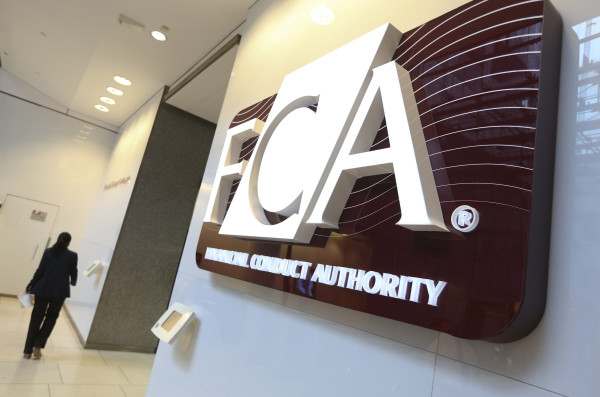

Gloucestershire-based Bank House Investment Management has also been told not to dispose of or diminish the value of any of its assets without the FCA's consent and it must immediately secure all books and records relating to its regulated activities.
This comes after the firm reached a voluntary agreement with the FCA to cease any activity relating to pension switches or transfers into self-invested personal pensions but carried out 78 transactions anyway.
In a notice, the FCA stated: "The firm has not conducted its affairs in an appropriate manner, having regard to the interests of consumers.
"It has repeatedly and over an extended period of time failed to comply with the voluntary requirement and to provide full and accurate information in response to requests by the authority.
"The involvement of those who manage the firm’s affairs in these matters indicates that they cannot be expected to act with probity.
"It appears that the firm’s business is not being managed in such a way as to ensure its affairs will be conducted in a sound and prudent manner."
As well as being told must not dispose of, deal with or diminish the value of any of its assets without the FCA's consent and to secure all books and records as well as preserve information and systems that relate to regulated activities it carried out, Bank House must write to all clients within 14 days, informing them of these actions in a wording agreed with the FCA.
The regulator stated it conducted a visit to the firm in July 2015 where it obtained information about its pension switching business.
As a result of this visit, the FCA stated it had "serious concerns" about the suitability of the firm's pension advice which led to the regulator and Bank House reaching a voluntary agreement.
As well as the ban on any pension transfers to Sipps, including completing any business previously agreed, Bank House had to provide independent verification that there was a "robust and compliant" advice process in place for the ban to be lifted.
The FCA also stated it would require ongoing independent checks to be satisfied the new process was embedded in the firm's processes once the ban was lifted.
It also agreed not to dispose of, deal with or diminish the value of any of its assets without the prior consent of the FCA.
But in August 2016 the FCA became aware that Bank House may have broken the agreement and, after obtaining information from a Sipp provider, discovered it had advised 72 customers on 78 transactions of this sort, with a total value of £2.65m.
The FCA questioned the firm, which told it that the account "was not a Sipp, it was a personal pension with a deferred Sipp option", which the Sipp provider disputed.
During its investigation the FCA also found that customers who were advised by the firm to switch their pensions to the Sipp account offered by the provider were initially sourced and dealt with by an unauthorised firm before being passed to Bank House for advice.
The FCA said Bank House provided incomplete and misleading information to it about the unauthorised firm and their relationship.
Bank House had also not paid regulatory fees of nearly £23,000, which were due in August 2016 and had not told the FCA it was unable to pay them because of its financial circumstances.
The FCA said: "The firm has also approached the authority for consent to a sale of its client book. As a result, the authority is concerned about the adequacy of the firm’s financial position and the risk of dissipation of its assets.
"The authority is particularly concerned about this where customers have been advised by the firm outside of its Part 4A permissions because that advice may not be covered by the firm’s professional indemnity insurance arrangements."
damian.fantato@ft.com



